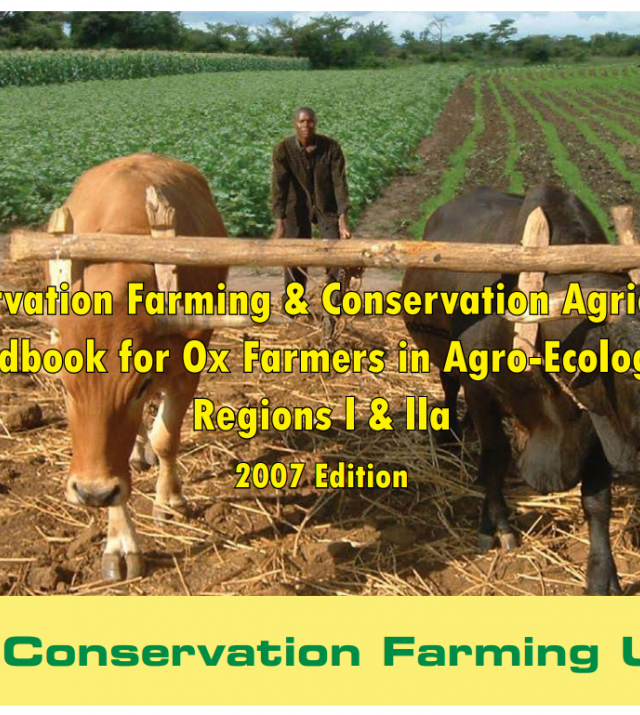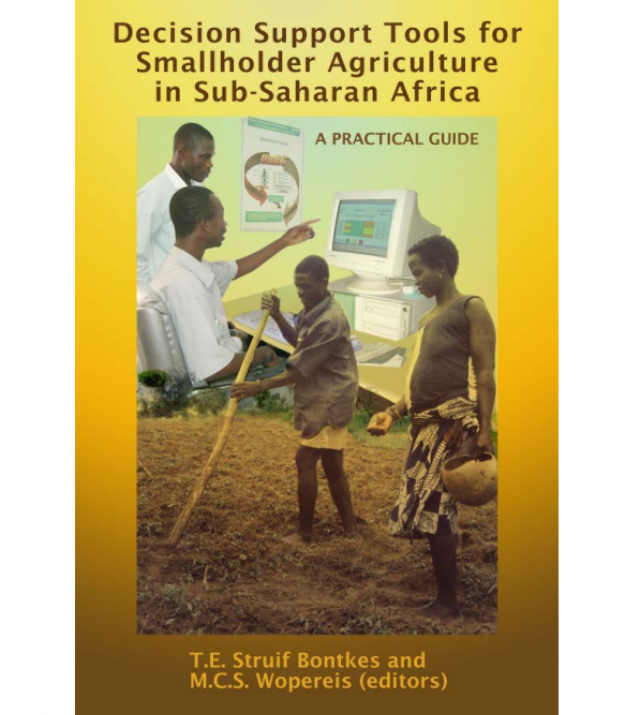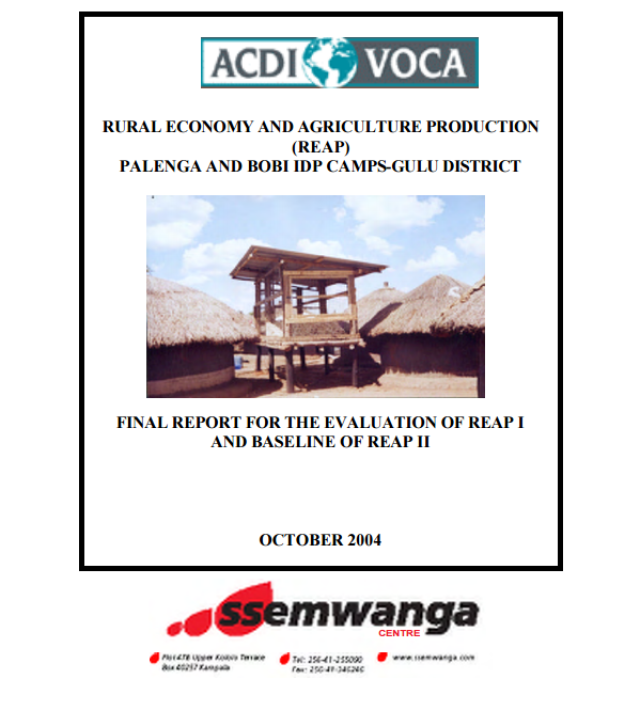
How Livestock is Used as a Coping Mechanism with Respect to Food Insecurity among Livestock Keepers of Africa: A Literature Review from a Current Perspective

This literature review utilized secondary data and information from books, journals, expert interviews, and the internet to answer the main research questions: “Can livestock improve people’s capacity to cope with risk and vulnerability? If so, how has this been done? How can this coping be improved? To focus the review further, the primary topic of this discourse is: How African livestock keepers use livestock to positively cope with underlying causes of food insecurity such as inadequate livelihood diversification and increased shocks due to climate variability.
The review endeavors to enhance the donor and development communities’ understanding and awareness of the current status of the livestock sector and the main livestock keepers in Africa, and illustrate how livestock interventions can be used as coping mechanisms to alleviate household food insecurity and improve livelihoods. In the review, a “systems thinking” framework is used to understand the interconnectedness and the dynamics that facilitate and enable livestock to be used among smallholder farmers, agro-pastoralists, and pastoralists to cope with both chronic and acute food insecurity.
It is hoped that this literature review will inform about appropriate livestock options and interventions to be used to assist vulnerable populations to cope with food insecurity. The review and appendixes can be used by donor and development community to develop more informed and appropriate programs and projects in Africa, especially for populations such as smallholder farmers, agro-pastoralists and pastoralists. The review also has gaps and aims to invoke the donor and development community to seek and document more research and innovative ideas to fully understand and better assist African livestock keepers in their efforts to cope and adapt in a changing social, economic, political and climatic landscape.

